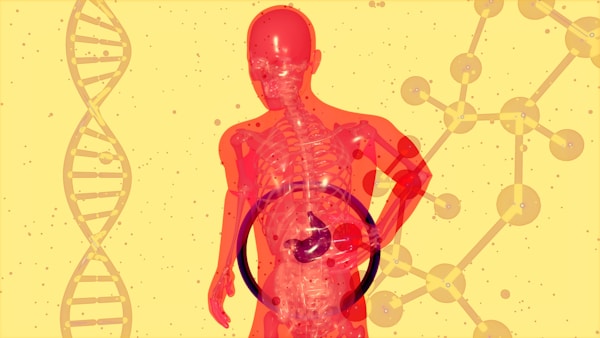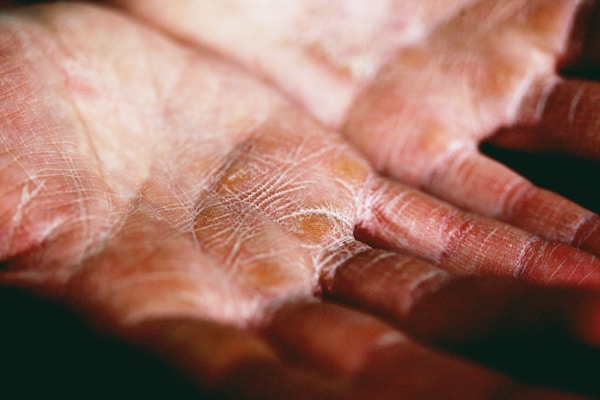Binge drinking is often seen as a harmless luxury or a rite of passage for young people. However, the physical binge drinking effects can be long-lasting and dangerous. From cirrhosis of the liver to alcohol poisoning, the risks associated with binge drinking can be numerous. Keep reading to find out more about the physical consequences of excessive alcohol consumption.
Alcohol Poisoning
Alcohol poisoning is a serious physical consequence of binge drinking, which involves consuming a large amount of alcohol in a short period of time. When an individual consumes more alcohol than their liver can process, it can cause a range of symptoms and complications, including a dangerous buildup of toxins in the body.
Symptoms of alcohol poisoning can be life-threatening and may include confusion, vomiting, seizures, slow or irregular breathing, and a loss of consciousness. If left untreated, it can lead to brain damage, organ failure, and even death. It is important to remember that alcohol poisoning can occur even if an individual appears to be functioning normally, as their body may still be processing the excess alcohol. If you suspect someone has alcohol poisoning, it is important to seek emergency medical attention immediately.
Liver Damage

Liver damage is one of the most serious physical consequences of binge drinking. The liver plays a vital role in processing and eliminating toxins from the body, including alcohol. However, when an individual consumes excessive amounts of alcohol in a short period of time, the liver is unable to keep up with the demand and may become damaged over time.
Chronic binge drinking can lead to a range of liver problems, including fatty liver disease, alcoholic hepatitis, and cirrhosis. These conditions can cause a range of symptoms, such as abdominal pain, jaundice, and liver failure, and can be life-threatening if left untreated. It’s important to seek medical attention if you experience any symptoms of liver damage and to avoid binge drinking to protect your overall health and well-being.
Cardiovascular Problems
Cardiovascular problems are a common physical consequence of binge drinking. Binge drinking, which is defined as consuming a large amount of alcohol in a short period of time, can cause a range of cardiovascular problems, including high blood pressure, irregular heartbeats, and damage to the heart muscle. Binge drinking can also increase the risk of developing heart disease and stroke.
The cardiovascular effects of binge drinking can be immediate and long-lasting. Consuming large amounts of alcohol can cause a rapid increase in heart rate and blood pressure, which can lead to damage to the heart muscle and blood vessels. Over time, chronic binge drinking can also lead to the development of cardiovascular disease, which is a leading cause of death worldwide.
Dehydration

Dehydration is a common physical consequence of binge drinking, and it can occur for several reasons. First, alcohol is a diuretic, which means that it increases urine production and can lead to dehydration. Additionally, drinking large amounts of alcohol can cause vomiting and diarrhea, which can further dehydrate the body.
When the body becomes dehydrated, it can lead to a range of symptoms, including dry mouth, headaches, dizziness, and fatigue. In severe cases, it can cause more serious complications, such as low blood pressure, seizures, and even coma. It is important to drink plenty of water and other hydrating fluids to prevent this condition when drinking alcohol. Additionally, it is important to drink alcohol in moderation and avoid binge drinking to reduce the risk of health complications.
Altogether, the physical consequences of binge drinking can be severe and long-lasting and should be taken seriously. Binge drinking can lead to many negative health outcomes including organ damage, disease, and even death. It is important to be aware of the risks associated with alcohol and to make responsible decisions when drinking.





